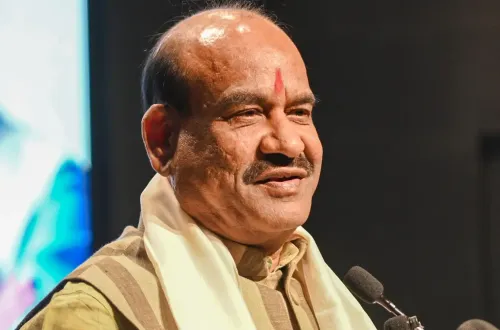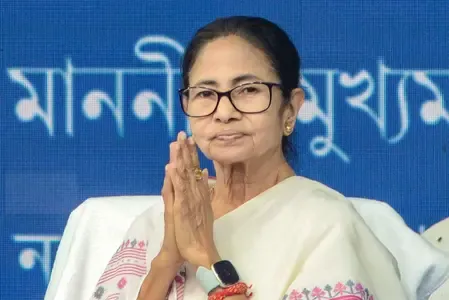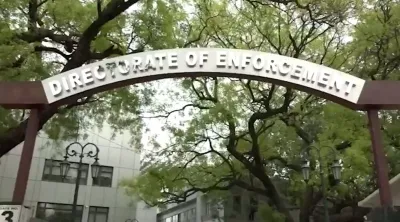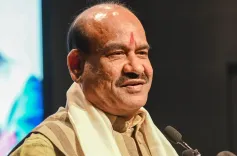What Opportunities Does India See for Collaboration with Canada in Critical Minerals and Clean Energy?
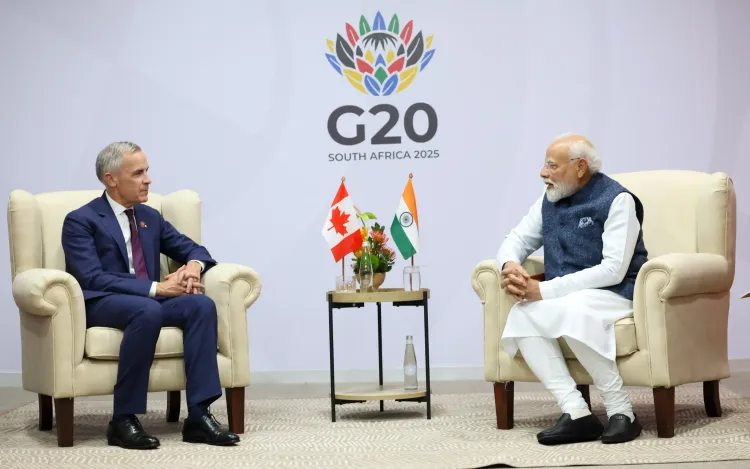
Synopsis
Key Takeaways
- India and Canada are exploring collaboration in critical minerals and clean energy.
- The Comprehensive Economic Partnership Agreement aims to double trade by 2030.
- India’s clean energy capacity is set to reach 500 GW by 2030.
- Investment from Canadian firms is steadily increasing in India.
- Joint innovation can yield significant opportunities for both nations.
New Delhi, Nov 24 (NationPress) Union Minister of Commerce and Industry Piyush Goyal remarked on Monday that India recognizes vast potential for collaboration with Canada in critical minerals, mineral processing technologies, clean energy, and supply-chain diversification.
While addressing the Indo-Canadian Business Chamber, the minister pointed out that India boasts significant advantages in emerging technologies such as artificial intelligence, quantum computing, machine learning, and next-generation data centres, all supported by the world’s largest annual pool of STEM graduates.
He emphasized that Canada and India are natural partners, whose complementary strengths create substantial opportunities for businesses and investors in both nations.
The minister highlighted that the India-Canada partnership is firmly rooted in mutual trust, democratic values, and a shared commitment to development. He stressed that the bilateral relationship remains robust and stable, with increasing engagement across trade, investment, and emerging sectors.
Referencing the meeting between Prime Minister Narendra Modi and Canadian Prime Minister Mark Carney during the G20 summit in Johannesburg, Goyal noted that both leaders agreed to initiate negotiations for a high-ambition Comprehensive Economic Partnership Agreement (CEPA) aiming to double bilateral trade by 2030. CEPA represents the trust between the two nations and strengthens investor confidence, providing a solid framework for addressing issues based on mutual respect.
The minister pointed out that India’s national power grid, which encompasses 500 GW including 250 GW of clean energy capacity, offers the resilience necessary for AI-driven infrastructure. He added that India aims to double its clean energy capacity to 500 GW by 2030, positioning the nation as a trusted and sustainable partner capable of delivering genuine 24-hour clean energy at globally competitive rates.
Discussing the recent Ministerial Dialogue held earlier this month with Canada’s Minister of International Trade, Goyal mentioned that both parties agreed to rejuvenate business-to-business engagement and explore reciprocated business delegations. He praised the continuous influx of Canadian investments into India, particularly from Canadian pension funds, and noted the growing interest of Canadian firms in expanding operations in the country.
Goyal also underscored India's strong economic fundamentals, stating that the country has transitioned from the “Fragile Five” to being among the world’s top five economies. He reiterated that India is poised to become the world’s third-largest economy within the next 2 to 2.5 years, bolstered by low inflation, a resilient banking system, high foreign exchange reserves, robust infrastructure expansion, and a dynamic capital market. He noted that India’s stock market has surged nearly four-and-a-half times over the past 11 years, reflecting investor confidence in the Indian economy.
Goyal proposed a five-pronged approach to further enhance India-Canada relations, emphasizing the need to translate dialogue into delivery through actionable outcomes, sectoral roadmaps, and measurable progress. He urged revitalizing the CEO Forum to strengthen business-to-business partnerships and called for Canadian participation in India’s upcoming AI Summit. He encouraged joint innovation, highlighting India’s strong IPR regime, vast datasets, and cost-effective innovation environment, supported by the recently announced $12 billion fund for research and development.
The minister advocated for both countries to pinpoint specific areas for collaboration, including critical minerals, clean energy, aerospace, defence, and manufacturing under the 'Make in India' initiative. He asserted that Canadian innovation combined with Indian capabilities can yield significant opportunities for both nations.
Goyal extended an invitation to Canadian businesses to collaborate in India’s journey towards becoming a developed nation by 2047. He expressed confidence that the India-Canada partnership will continue to strengthen in the coming years.

